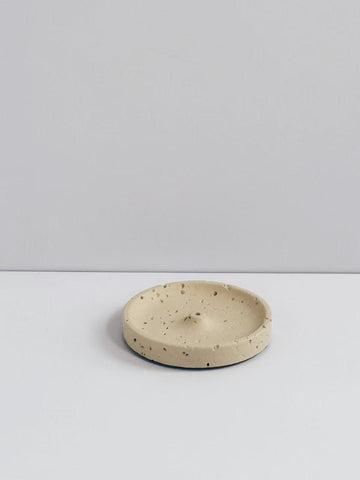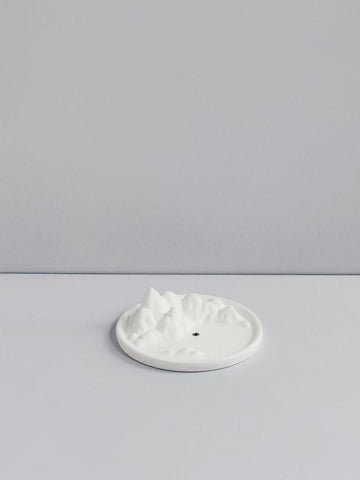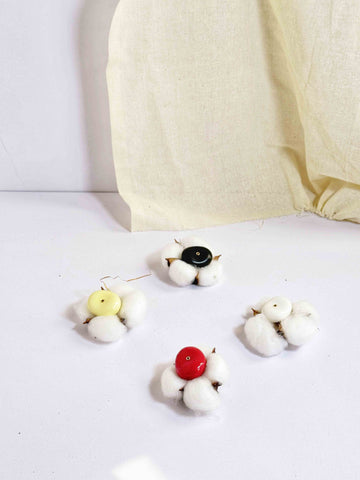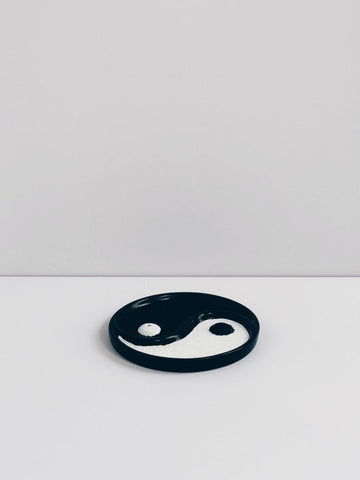In recent decades, there has been a growing global interest in therapeutic practices outside of traditional Western medicine. Techniques such as acupuncture, cupping therapy, and moxibustion from Traditional Chinese Medicine have found their way into mainstream wellness practices. Alongside these, aromatherapy has emerged as a popular form of complementary care. But how effective is it really? Can inhaling essential oils genuinely improve your health? Let's explore the science, history, and current evidence behind this aromatic approach to healing.
Aromatherapy: Ancient Roots, Modern Relevance
The concept of healing through scent dates back over 6,000 years to ancient civilizations such as Egypt and India. Modern aromatherapy, however, traces its origins to 20th-century France, when chemist René-Maurice Gattefossé discovered the potent anti-inflammatory and antimicrobial effects of lavender oil after a laboratory burn. From there, the term "aromatherapy" was coined, denoting the therapeutic application of aromatic plant extracts, or essential oils, to support physical and emotional well-being.
Aromatherapy works by delivering active compounds in essential oils through various methods such as inhalation, topical application, or even diffusion into the air. These compounds interact with the body’s limbic system—a brain region responsible for emotion, memory, and hormonal balance. This connection explains how scent can exert profound psychological and physiological effects.
For an introduction to the fundamentals of aromatherapy, visit What Is Aromatherapy?.
What Does the Science Say?
While the scent-based treatment might sound unscientific at first glance, a growing body of research challenges that perception. Numerous meta-analyses and randomized controlled trials (RCTs) have shown that essential oils can offer measurable benefits across a range of conditions:
-
Sleep Disorders: Lavender oil, in particular, has been shown to enhance sleep quality in individuals with insomnia and anxiety. A meta-analysis in the Journal of Alternative and Complementary Medicine found significant improvements in sleep onset latency and sleep duration with aromatherapy use.
-
Pain Management: Research published in Pain Research and Treatment confirms that aromatherapy massage with lavender and rosemary essential oils can effectively reduce chronic pain, including migraines, lower back pain, and menstrual cramps.
-
Mental Health: Aromatherapy has also demonstrated benefits in managing anxiety and depression. Citrus-based oils such as lemon and bergamot can improve mood and cognitive performance, while rose and jasmine have calming effects.
-
Immune Support and Infection Control: Certain essential oils, including eucalyptus, thyme, and cinnamon, have demonstrated antimicrobial properties that can support the body’s natural defenses and purify the air.
For those looking to explore high-quality aromatherapy products, you can browse this curated collection of natural incense.
Who Can Benefit from Aromatherapy?
Contrary to popular belief, aromatherapy is not just a luxury spa indulgence. It can be beneficial for a broad range of individuals:
-
People with Low Immunity: Essential oils like oregano, thyme, and eucalyptus possess natural antibacterial and antiviral properties. Used during flu season or seasonal transitions, they can help prevent illness and support immune health.
-
Pregnant Women and Menstruating Individuals: Gentle massage with oils like lavender, chamomile, and marjoram can reduce menstrual cramps, support relaxation, and even aid in labor by decreasing anxiety and shortening delivery times.
-
Those with Mood Disorders or Insomnia: Inhalation of calming oils such as rose, lavender, and neroli can alleviate symptoms of anxiety, depression, and sleep disturbances by modulating neurochemical pathways like serotonin and dopamine.
-
Cancer Patients or Post-Surgical Individuals: According to the Oncology Nursing Society, aromatherapy is recommended as a complementary therapy to alleviate nausea, especially in chemotherapy patients. Oils like ginger, peppermint, and lemon are commonly used for this purpose.
-
People with Skin Conditions or Aging Concerns: Essential oils are also powerful skincare agents. Rose oil is known for its deep hydration and anti-aging effects, while chamomile and tea tree oil help soothe inflammation and treat acne.
-
Those with Cardiovascular Risks: Emerging evidence suggests that aromatherapy may aid in reducing hypertension. Lavender and garlic oil, for instance, are known to regulate blood pressure and improve heart function by reducing stress.

Methods of Application: More Than Just Scented Candles
Modern aromatherapy has evolved well beyond simple incense or potpourri. Therapeutic-grade essential oils are now used in numerous delivery systems:
-
Inhalation: This includes diffusion, direct sniffing, steam inhalation, or wearable diffusers. Inhaled oils interact with olfactory receptors and stimulate the limbic system to promote relaxation and alertness.
-
Topical Application: When diluted with carrier oils like coconut or grapeseed, essential oils can be massaged into the skin. This method is commonly used for localized pain relief, skin enhancement, and lymphatic support.
-
Aromatic Bathing: Adding essential oils to bath water not only enhances relaxation but also helps alleviate muscular pain and improve circulation.
-
Compresses and Poultices: Soaked cloths with essential oil blends can be used for cold or hot compresses to address inflammation, headaches, or joint pain.
-
Mouth Rinses: For oral care, diluted oils such as tea tree and peppermint can be added to water to help freshen breath and treat minor infections.
-
Ambient Diffusion: Using ultrasonic or nebulizing diffusers allows for continuous dispersal of oils into the environment, which is ideal for sleep support, focus, or air purification.
How Does It Compare with Conventional Treatments?
Aromatherapy is not a replacement for medical treatment but can be an effective complementary practice. Unlike pharmaceuticals that often target a single symptom, essential oils work holistically. For instance, lavender doesn’t just aid sleep—it also soothes the skin, calms anxiety, and may reduce blood pressure. This multi-faceted action is a hallmark of natural medicine.
Moreover, many conventional treatments carry side effects. For instance, sleep aids can cause dependency and cognitive dulling. In contrast, using lavender or chamomile oils presents minimal risk when applied correctly. Still, it's crucial to use only pure, therapeutic-grade oils and follow safe dilution and application practices.
Conclusion: Does Aromatherapy Work? Absolutely—When Used Properly.
Based on thousands of years of anecdotal use and an increasing body of clinical research, it is evident that aromatherapy offers real, measurable health benefits. From emotional balance and immune support to pain relief and improved sleep, the scope of aromatherapy is wide and well-documented.
As with any health intervention, its effectiveness depends on quality, proper usage, and consistency. Those interested in incorporating aromatherapy into their wellness routine can start by exploring safe, all-natural products such as those found in this trusted aromatherapy collection.
If you're curious about how aromatherapy works at a deeper level, be sure to check out this detailed guide on the basics and mechanisms of aromatherapy.








